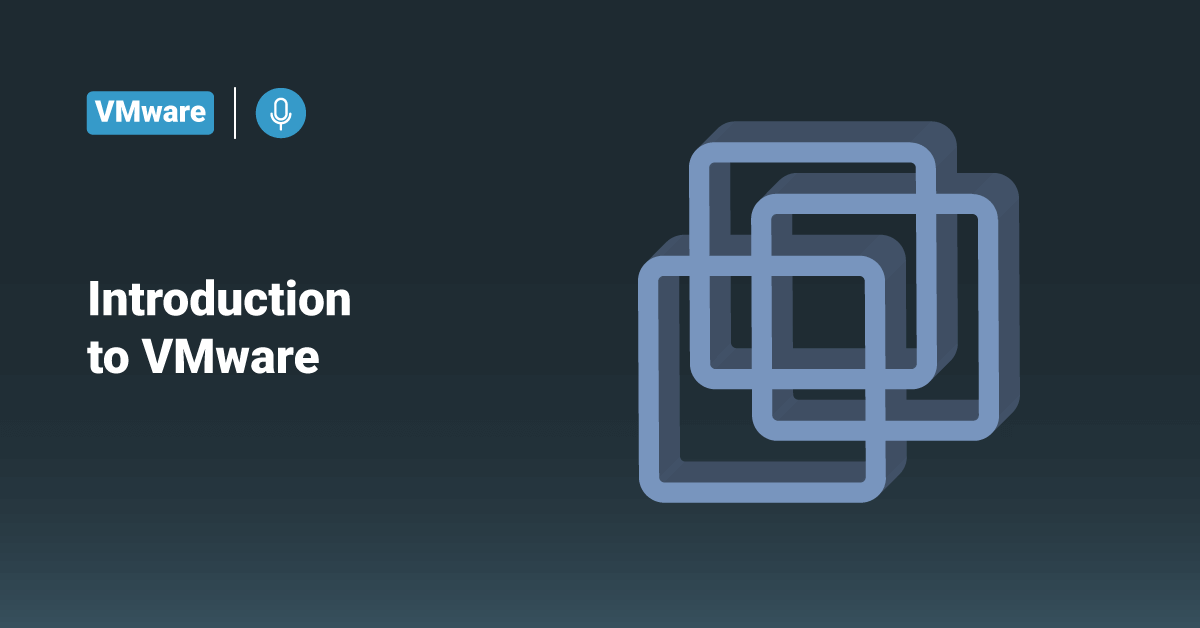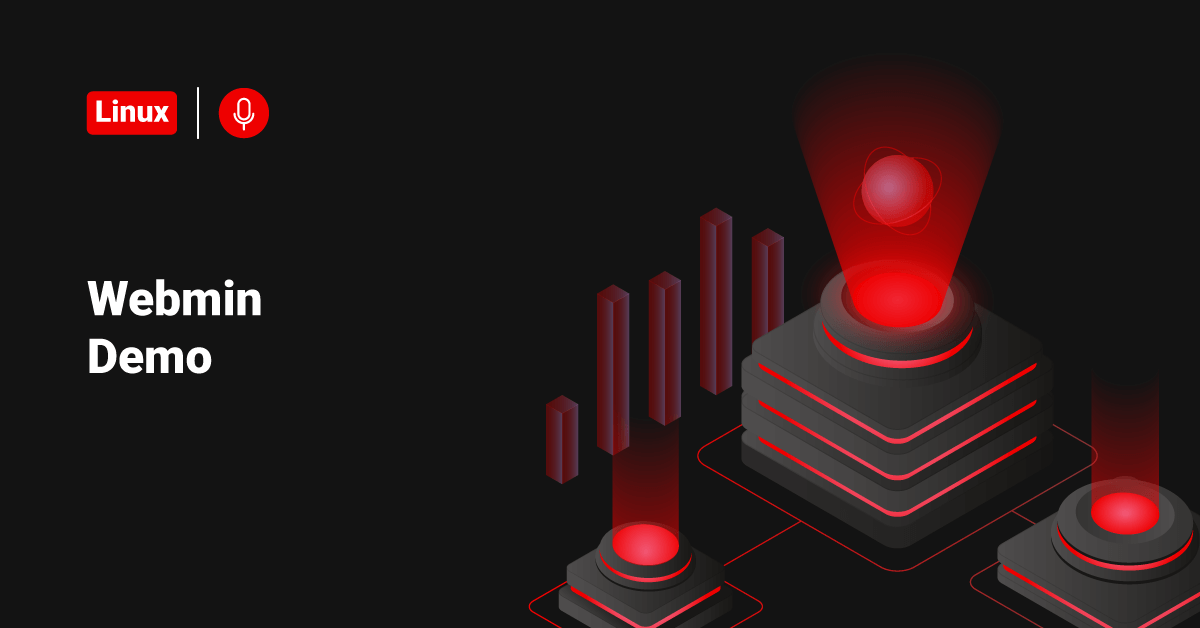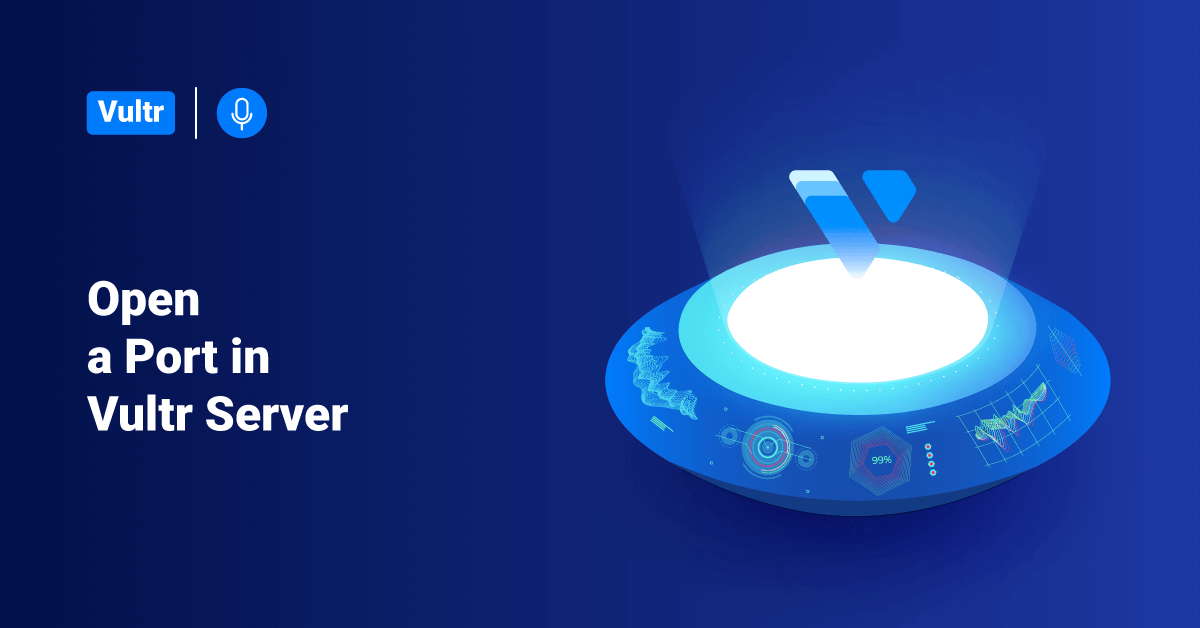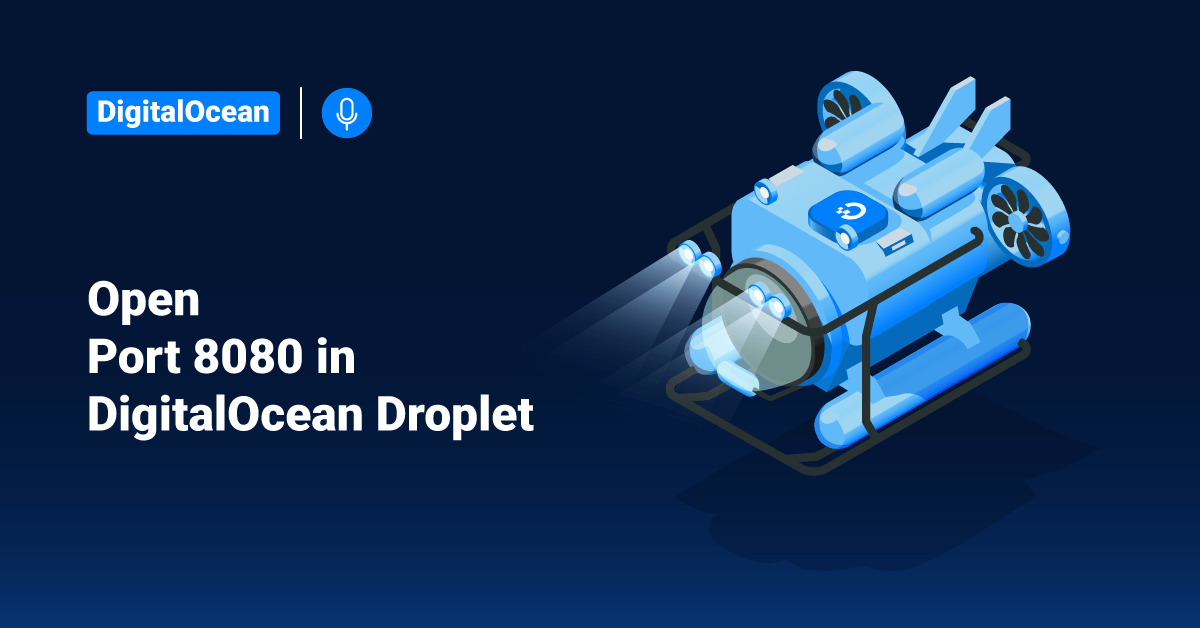VMware is a California-based company that develops a virtualization platform for IT infrastructure. VMware was established in 1998 and is well known for its vSphere VMware Hypervisor. The vSphere VMware Hypervisor enables Virtualization for any type of architecture. Five different IT experts developed VMware software in the year 1998.
VMware develops various software applications related to Virtualization and is one of the leading virtualization software providers in today’s market. VMware formally launched VMware Workstation as its first product in 1999.
Later in 2001, VMware released their server application, “VMware GSX Server”. VMware then started launching additional products and services related to Virtualization to their inventory. VMware products and services are categorized into two types:
- Server application
- Desktop applications
Server applications:
The server-side application software offered by VMware is Microsoft .NET Framework, Rails, JBoss for Windows and Linux, Microsoft IIS with .NET Framework on Windows Server, vFabric tcServer, and more.
Desktop applications:
The desktop applications offered by VMware are Horizon FLEX, Horizon cloud on Microsoft Azure, Horizon 7, Horizon Apps, Horizon Cloud with Hosted Infrastructure, and more.
What is VMware?
VMware offers Virtualization and cloud computing software for its customers. The bare-metal hypervisor ESX/ESXi in x86 architecture is the base for VMware virtualization technologies. The hypervisor is set up on the physical server to allow several virtual machines to run on the same VMware server virtualization. All virtual machines can run a separate OS (operating system) of their desire.
With the help of VMware, customers can run multiple virtual machines on the same physical server that share some common resources like network, RAM, etc.
VMware software is now commonly used in cloud management services, virtualized storage, networking, desktop software, private data centers, etc. The company also launched the VMWare GSX Server and VMWare ESX server for their customers. Customers primarily use the VMWare virtualization software for commercial use.
VMware ESXi Server:
VMware ESXi Server is an organization-level software that offers better functionality than a freeware VMware Server to reduce system overhead. In the VMware ESXi server, the service console is replaced by BusyBox as it requires low disk space.
VMware ESX Server:
This server is similar to the VMware ESXi server, where VMware ESX is combined with VMware vCenter. The VMware ESX server offers additional solutions to improve the manageability and consistency of the server implementations.
Some of the server virtualization software offered by VMware are:
- VMware vSphere
- VMware Server
VMware vSphere:
The vSphere is the most trustworthy and best-selling product from VMware. vSphere is the integration of well-known, commonly used ESXi hypervisor suite and vCenter for applications.
VMware Server:
VMware Server is an open-source (Freeware) software that users can use on any existing operating system like Linux, Ubuntu, or Windows.
Benefits of using VMware for Virtualization:
There are several benefits to using VMware services and products for Virtualization. Some of these benefits are:
Improved ROI (Return on Investment):
VMware enables customers to use more physical resources. Administrators do not like to run multiple mission-critical applications on a single server Operating System because it can make the OS unpredictable and crash other applications if any other crashes. It is recommended to run each application in its OS on its dedicated physical server to avoid this situation. However, this is considered inefficient as each OS might use 30% of a server’s CPU power. Users can run each application in its Operating System on the same physical server and make better use of its available CPU power with the help of VMware.
Industry Support:
VMware is the leading provider of virtualization services, with more than 500,000 customers. VMware is a network of 75,000 partners that supports customers with a wide variety of add-on services and products.
More efficient use of energy and space:
VMware lets customers run more applications using fewer physical servers. The use of fewer physical servers requires less space in the data center, reducing energy consumption to power and cool the servers.
Cloud Computing and Virtualization
Some of the key differences between cloud computing and virtualization are:
| Key Points | Cloud Computing | Virtualization |
| Quick Set up | Setting up the cloud is a very tiresome task. | It is a very simple and easy process to set up a virtual environment. |
| Scalability | Customers can extend the cloud as much as they want. | Virtual machine configuration limits its scalability. |
| Service Type | Infrastructure as a Service (IaaS) | Software as a Service (SaaS) |
| Flexibility | Cloud computing is very flexible for user access. A customer can access its cloud from anywhere with the Internet anytime (depending upon permission). | Proper authentication is required to access virtual machines. |
| Integration | Cloud integration allows future expansion of applications, users, etc. | Virtualization integration enables the expansion of new virtual machines within the same infrastructure. |
| Dedicated Hardware | Cloud computing consists of multiple hardware. | In virtualization, all virtual machines require dedicated hardware. |
| Accessibility | Internet-based clouds are accessible from all over the globe. | Proper Users require proper permissions to access their virtual machines from outside the network. |
| Types | Public Cloud and Private Cloud | Application Virtualization and Hardware Virtualization |
| Disaster Recovery | Cloud computing does not depend on a single machine. | Single machine failure can affect multiple virtual machines. |
| Dependency | Multiple users can access the cloud computing network using the same link. | Customers can install multiple Operating System on a single computer/server. |









